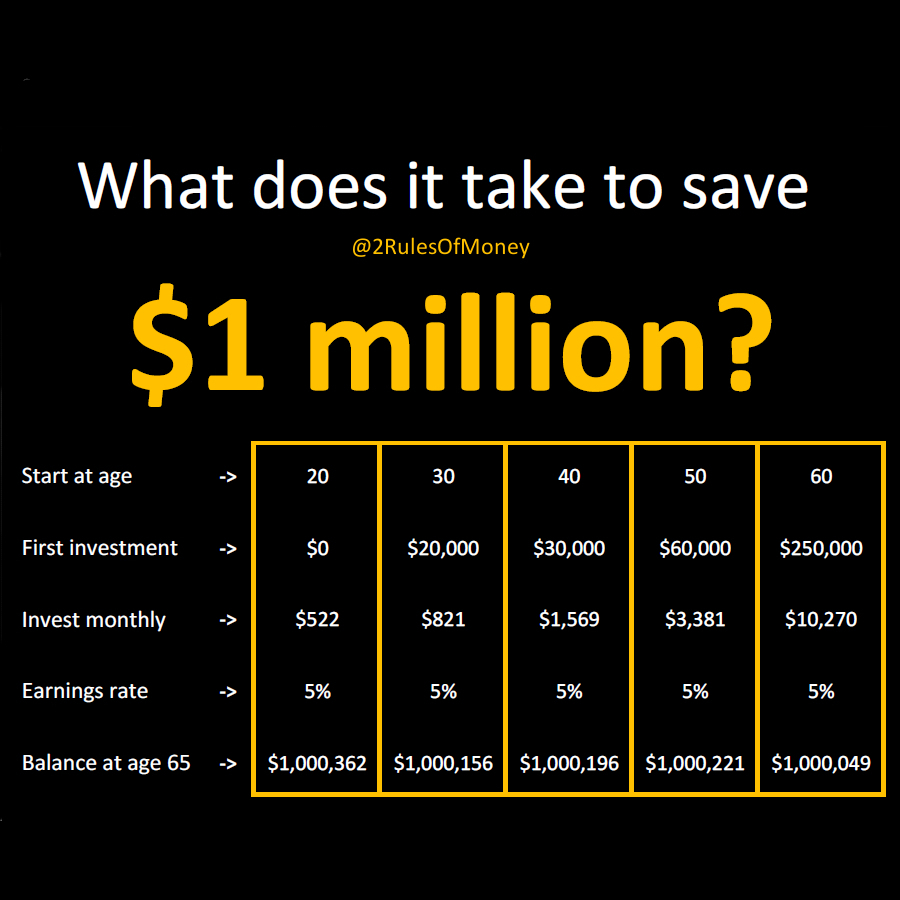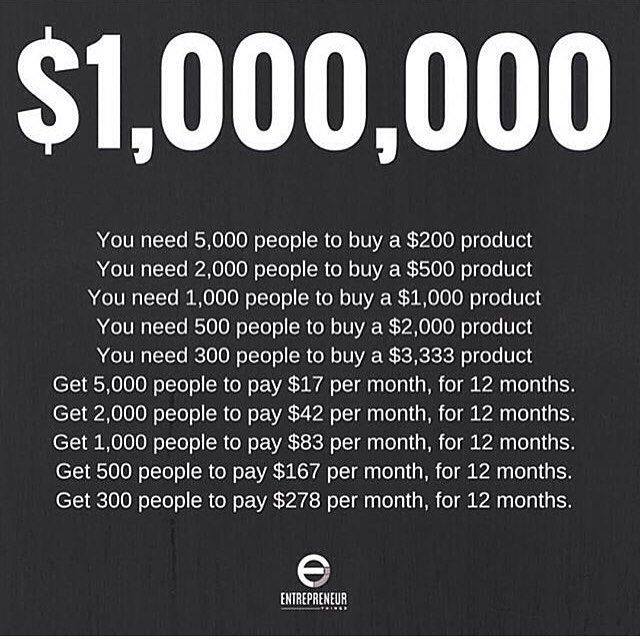The Federal Government has today announced extensions to the support they are providing to small businesses and to individuals and households.
The details on how some of these measures will apply and can be obtained are now clearer, and the benefits have been increased in line with the expectation of further economic disruption due to the social distancing measures put in place, as well as shutdowns of events, large gatherings and public places.
Please note: due to the large scale of the measures being put in place, and their recent announcement i.e. they are only hours old, some of the specific details of how to access these benefits will not be known until the coming days.
We will keep you updated as things develop, and we will be reviewing business positions in relation to the PAYG withholding repayment over the next month, and more particularly as the March monthly or quarterly BAS is prepared.
Special note: the PAYG withholding repayment will not process until 28 April 2020 at the earliest, so lodging the BAS earlier will not see the repayment made any earlier than 28 April 2020.
The main message that we take out of these announcements?
The economy is in for a very rough ride, probably for the next 12 months, at a minimum.
Our advice?
Nothing different from what we have been saying for the last few years. Keep on top of your numbers, know your financial position, and be diligent with your cash.
Small Business
PAYGW repayment:
- Increase from 50% to 100% of all PAYG withholding reported by a business from 1 January 2020 to 30 June 2020, and an increase of the minimum from $2,000 to $10,000, and the maximum increased from $25,000 to $50,000
- There will now be a further payment for the July to September 2020 period – this will be equal to the first payment, giving businesses a minimum of $20,000 (2 x $10,000) and a maximum of $100,000 (2 x $50,000) over the period 1 January 2020 to 30 September 2020
Am I eligible?
The payment will only be available to active eligible employers established prior to 12 March 2020. Eligible employers are those that pay salary and wages i.e. registered for PAYG withholding.
How do I claim this?
The payment will be delivered as an automatic credit upon lodgement of the March activity statement (monthly and quarterly) and applied from 28 April 2020 – if this places the entity in a refund position then this refund will be paid within 14 days.
Further details and examples:
https://treasury.gov.au/sites/default/files/2020-03/Fact_sheet-Cash_flow_assistance_for_businesses_0.pdf
Temporary relief for financially distressed businesses:
- increasing the threshold at which creditors can issue a statutory demand on a company from $2,000 to $20,000 – this will apply for six months
- Increasing the time to respond to a statutory demand from 21 days to six months
- Increasing the minimum amount of debt required for a creditor to initiate bankruptcy proceedings, from $5,000 to $20,000 – this will apply for six months
- Increasing the time a debtor has to respond to a bankruptcy notice, from 21 days to six months
- Directors temporarily relieved of their duty to prevent insolvent trading, relieving the director of personal liability that would otherwise be associated with insolvent trading for debts incurred in the ordinary course of business – this will apply for six months
Supporting the Flow of Credit
The government will provide a guarantee of 50% to SME lenders to support new short-term unsecured loans to small and medium businesses.
This scheme will guarantee up to $40 billion of new lending, to provide businesses with funding to meet cash flow needs.
The loan will need to be applied for through a bank, so no doubt further requirements will be provided by the bank when these loans become available.
https://treasury.gov.au/sites/default/files/2020-03/Fact_sheet-Supporting_the_flow_of_credit_1.pdf
Temporary Exemption from Responsible Lending Obligations
The government is cutting red tape by providing a temporary exemption from responsible lending obligations for lenders providing credit to existing small business customers. This will help small businesses get access to credit quickly and efficiently.
https://treasury.gov.au/sites/default/files/2020-03/Fact_sheet-Supporting_the_flow_of_credit_1.pdf
Individuals and Households
Income support for individuals
Over the next six months the Government is temporarily expanding eligibility to income support payments and establishing a time limited supplement to be paid at $550 per fortnight. This will be paid to existing and new recipients of JobSeeker Payment, Youth Allowance JobSeeker, Parenting Paymnet, Farm Household Allowance and Special Benefit.
https://treasury.gov.au/sites/default/files/2020-03/Fact_sheet-Income_Support_for_Individuals.pdf
Payments to Support Households
An additional payment of $750 will be made from 13 July 2020 social security, veteran and other income support recipients and eligible concession card holders – it will not be made to those eligible to the additional $550 payment.
https://treasury.gov.au/sites/default/files/2020-03/Fact_sheet-Payments_to_support_households.pdf
Temporary Early Release of Superannuation
The Government is allowing individuals affected by the Coronavirus to access up to $10,000 of their superannuation in 2019-2020, and a further $10,000 in 2020-21 – these amounts will be tax free and will not affect Centrelink or Veteran’s Affairs payments.
To qualify, you must satisfy any one or more of these requirements;
- You are unemployed; or
- you are eligible to receive a JobSeeker Payment, Youth Allowance JobSeeker, Parenting Payment, Farm Household Allowance and Special Benefit; or
- on or after 1 January 2020;
- you were made redundant; or
- your working hours were reduced by 20% or more; or
- if you are a sole trader – your business was suspended or there was a reduction in your turnover of 20% or more
Application is to be made directly to the ATO through myGov, and you will need to certify that you meet the requirements.
https://treasury.gov.au/sites/default/files/2020-03/Fact_sheet-Early_Access_to_Super_1.pdf



